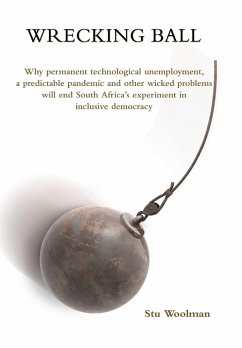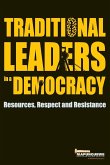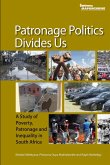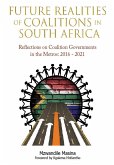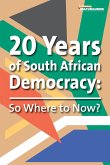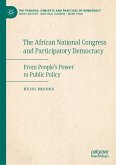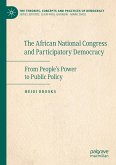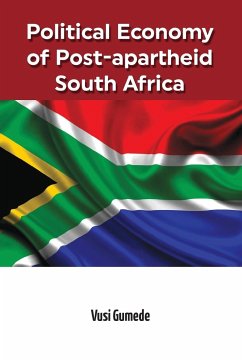Wrecking Ball explores, in an unprecedented manner, a decalogue of wicked problems that confronts humanity: Nuclear proliferation, climate change, pandemics, permanent technological unemployment, Orwellian public and private surveillance, social media that distorts reality, cyberwarfare, the fragmentation of democracies, the inability of nations to cabin private power, the failure of multinational institutions to promote collaboration and the deepening of autocratic rule in countries that have never known anything but extractive institutions. Collectively, or even severally, these wicked problems constitute crises that could end civilisation. Does this list frighten you, or do you blithely assume that tomorrow will be just like yesterday? Wrecking Ball shows that without an inclusive system of global governance, the collective action required to solve those wicked problems falls beyond the remit of the world's 20 inclusive democracies, 50 flawed democracies and 130 extractive, elitist autocracies. Flawed democracies and autocracies that already struggle to produce goods necessary for their own citizens to flourish, are simply incapable of committing to international arrangements that address the existential threats posed by the decalogue of wicked problems. This then is our children's inheritance: Dystopias far, far worse than the polities that we ourselves have known. What, if anything, can mitigate the harms that are our legacy? Wrecking Ball offers, as an answer, a ground-breaking analysis of South Africa's political economy. It demonstrates that this country's elitist and extractive political and economic institutions not only make resolution of ongoing domestic crises unattainable, likewise, they make meaningful responses to wicked problems impossible. Smart people think they have all the answers. Without laboring under any such illusions, Martin Luther King Jr eloquently opined: 'The arc of the moral universe is long, but it bends towards justice.' But what will happen, King would acidly ask, if we continue to dawdle, and simply run out of time? Wrecking Ball similalry operates under no such 'smart' pretenses, and undeterred and unmatched ventures into terrrains traversed by truly great political economists: Smith, Ricardo, Marx and Keynes. By knitting together what we all know to be the facts, with cutting edge theory in economics, sociology, history and political science, the book paints an unflinching portrait of where we are, and where we are headed. Are we ready to be honest with ourselves about the likely future of this overheated, overpopulated planet?
Hinweis: Dieser Artikel kann nur an eine deutsche Lieferadresse ausgeliefert werden.
Hinweis: Dieser Artikel kann nur an eine deutsche Lieferadresse ausgeliefert werden.

